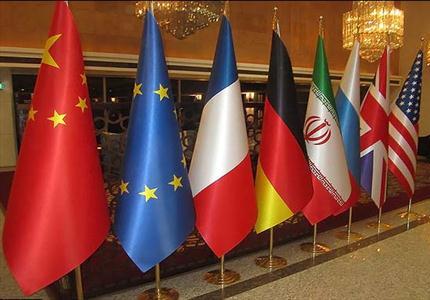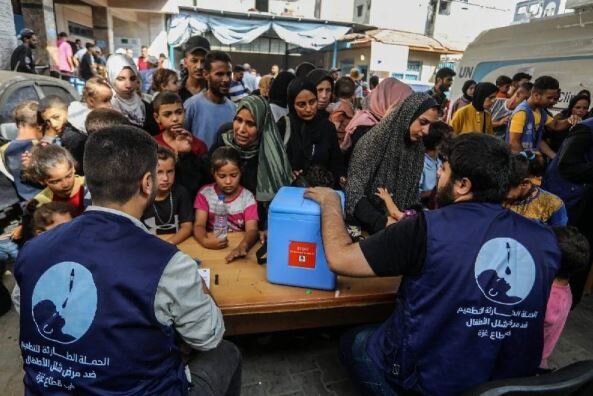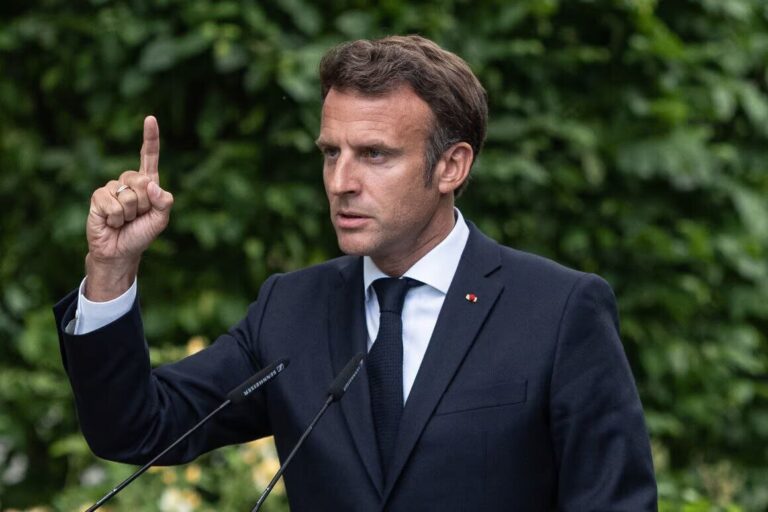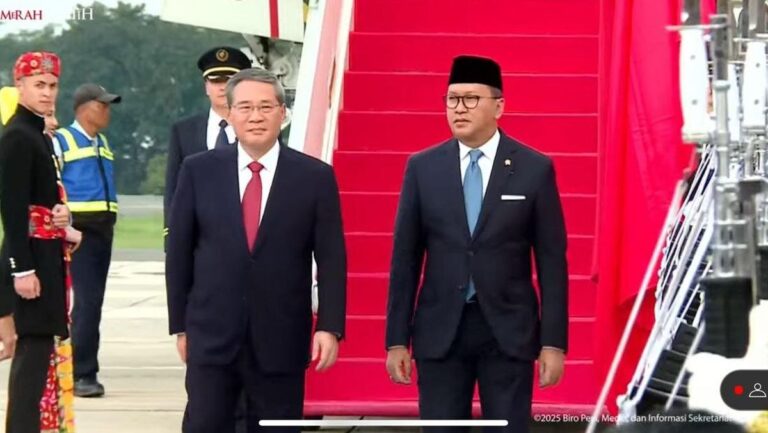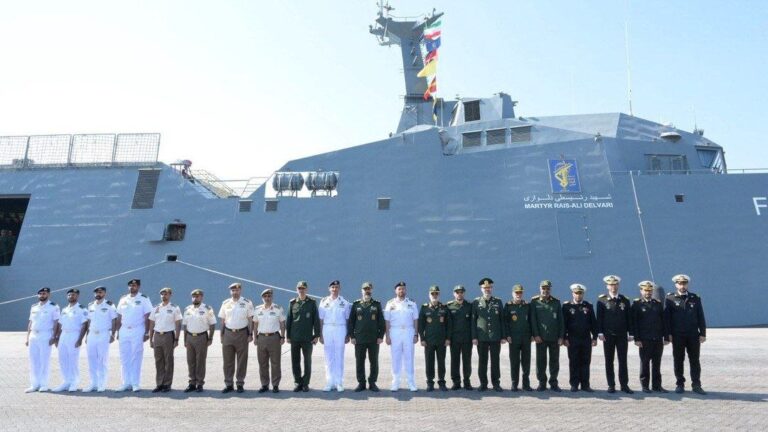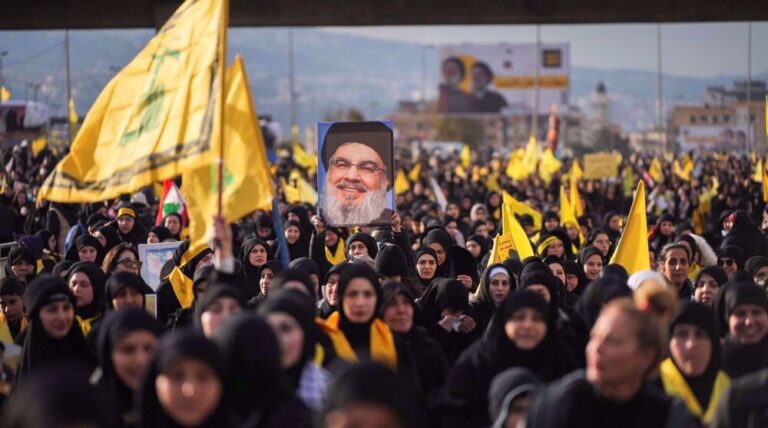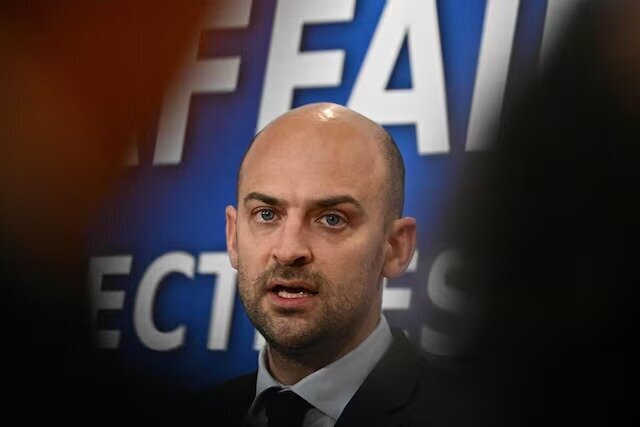US-Iran Nuclear Talks: Europeans Left on the Sidelines, Insider Reveals
The ongoing negotiations surrounding Iran’s nuclear program have prompted a call for a coordinated diplomatic strategy between the United States and its European allies. This necessity was emphasized by Blaise Misztal, the vice president for policy at the Jewish Institute for National Security of America, in a recent report by Reuters.
Misztal stated that such coordination is essential for ensuring that there is “maximum pressure” on Iran, providing any diplomatic efforts with a better chance of success. As the situation unfolds, the role of international diplomacy becomes increasingly critical.
Former President Trump has reignited a “maximum pressure” campaign against Tehran, making it clear that military action could be considered if Iran does not comply with demands to halt its nuclear advancements. He notably mentioned that Israel would take the lead in any military initiatives against Iran.
According to discussions among three diplomats, the E3 (which includes the UK, France, and Germany) communicated to Iran their intention to activate the snapback mechanism by the end of June if necessary. Iran’s response, however, was stern, warning that such action would lead to severe repercussions and a reassessment of its nuclear policy.
A senior European diplomat highlighted that the E3’s lack of trust in the United States stems from initiatives being taken without prior consultation. This situation underscores the complications in the diplomatic landscape regarding Iran.
Here are some key points regarding the current diplomatic tensions:
- Need for Coordination: A unified approach between the US and European allies is crucial for effective negotiations with Iran.
- Trump’s Stance: The former president has threatened military action against Iran, emphasizing Israel’s role in this strategy.
- Response from Iran: Iran has warned that activating the snapback mechanism will lead to serious consequences.
- Lack of Trust: European diplomats have expressed distrust towards the US, citing a lack of consultation on important initiatives.
- Insufficient Meetings: Although some meetings between US and European officials have occurred, they have not been comprehensive enough to address all concerns.
European officials have engaged in discussions with their US counterparts, but many believe that these meetings have not been thorough or detailed. For example, arranging a meeting on Iran involving US Secretary of State Marco Rubio proved challenging, even occurring just a week before Trump’s announcement at a NATO foreign ministers meeting.
When approached about the negotiations with Oman, the foreign ministries of the UK, France, and Germany declined to provide a direct response, raising questions about transparency in these discussions.
This diplomatic impasse highlights the complexities and sensitivities involved in international negotiations regarding Iran’s nuclear program. As various stakeholders engage in dialogue, the need for a clear and unified strategy becomes more apparent.
The uncertainty surrounding the current situation necessitates ongoing monitoring and adaptive strategies from both the US and its European allies. The goal remains to ensure that diplomatic options are both viable and effective in addressing the potential threats posed by Iran’s nuclear ambitions.
In summary, the interplay of diplomacy, trust, and strategic coordination remains at the forefront of international efforts to manage Iran’s nuclear program effectively. As developments unfold, the actions taken by both the US and European nations will significantly impact the future of these negotiations.
For continued updates on this evolving situation, it is essential to stay informed through reliable news sources and expert analyses.
